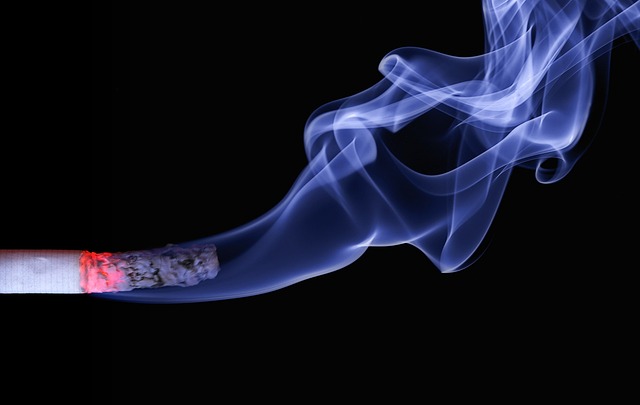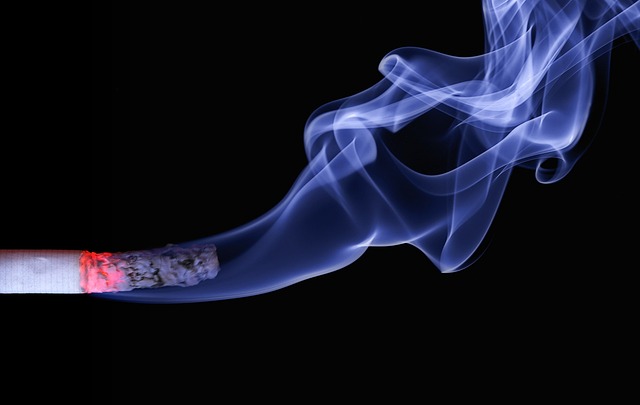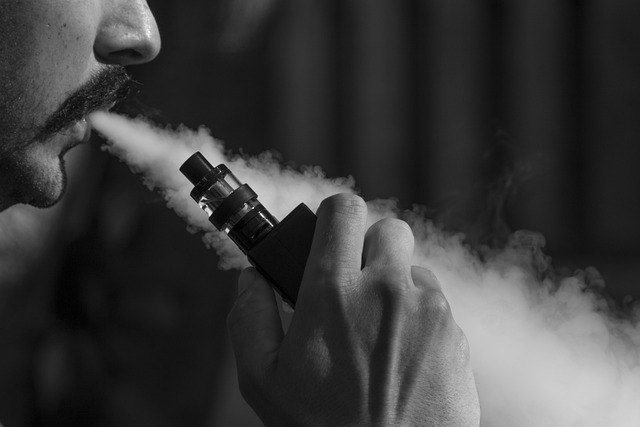Wisdom Teeth Removal and Smoking: What’s the Right Timing?
Wisdom teeth, those pesky molars that emerge during our late teens or early twenties, often bring along a host of dental complications. From overcrowding to impaction, these troublemakers frequently warrant their removal. However, for those who enjoy an occasional cigarette, the question arises: What’s the right timing for wisdom teeth removal and smoking? To shed light on this matter, we delve into the realm of dental expertise to provide a confident, knowledgeable, and neutral perspective. So, if you’re curious about how smoking can affect wisdom teeth removal, read on to discover the answers you’ve been seeking.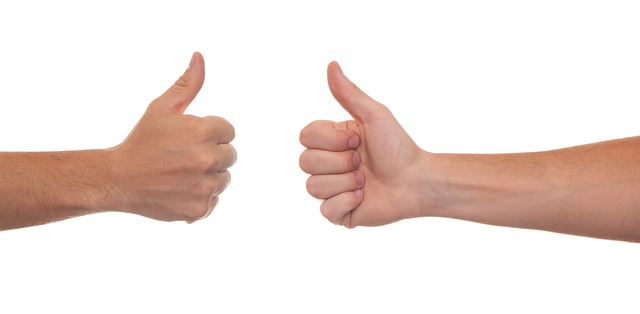
1. Understanding the Importance of Wisdom Teeth Removal
Wisdom teeth, also known as third molars, are the last teeth to erupt in the mouth, typically appearing in the late teens or early twenties. While some individuals may have no issues with their wisdom teeth, others may experience complications that necessitate their removal. is crucial for maintaining oral health and preventing potential problems.
Here are a few reasons why wisdom teeth removal is often recommended:
- Impacted Teeth: Wisdom teeth often lack sufficient space to fully emerge, causing them to become impacted. This can lead to pain, infection, and damage to adjacent teeth.
- Overcrowding: If the jaw is not large enough to accommodate the wisdom teeth, they can cause overcrowding and misalignment of neighboring teeth.
- Tooth Decay: Wisdom teeth are located at the back of the mouth, making them difficult to clean properly. This increases the risk of tooth decay and gum disease.
Benefits of wisdom teeth removal include:
- Preventing Future Problems: By removing wisdom teeth before they cause complications, potential issues such as pain, infection, and misalignment can be avoided.
- Pain Relief: If impacted or infected, wisdom teeth can cause significant discomfort. Removing them can alleviate this pain and improve overall oral health.
- Easier Recovery: Younger individuals tend to have an easier and quicker recovery from wisdom teeth removal due to faster healing and less chance of complications.

2. The Impact of Smoking on Wisdom Teeth Extraction
Wisdom teeth extraction is a common dental procedure that can be influenced by smoking habits. Smoking has been shown to have a significant impact on the overall success and healing process of wisdom teeth removal. Here are some important points to consider:
Affected Healing Process:
- Smoking prolongs the healing process after wisdom teeth extraction.
- Nicotine and other harmful chemicals in cigarettes constrict blood vessels, reducing blood flow to the surgical site and delaying tissue repair.
- Smokers are more likely to experience complications such as dry socket, infection, and delayed wound closure.
Increased Risk:
- Smokers have a higher risk of developing post-operative infections compared to non-smokers.
- Smoking weakens the immune system, making it harder for the body to fight off bacteria and infection.
- Delayed healing due to smoking can lead to prolonged pain and discomfort, requiring additional treatment.
It is essential to inform your dentist or oral surgeon about your smoking habits before undergoing wisdom teeth extraction. They can provide personalized advice and recommendations to help optimize your healing process and reduce the risk of complications. Quitting smoking, even temporarily, can greatly enhance the success and recovery of the procedure.
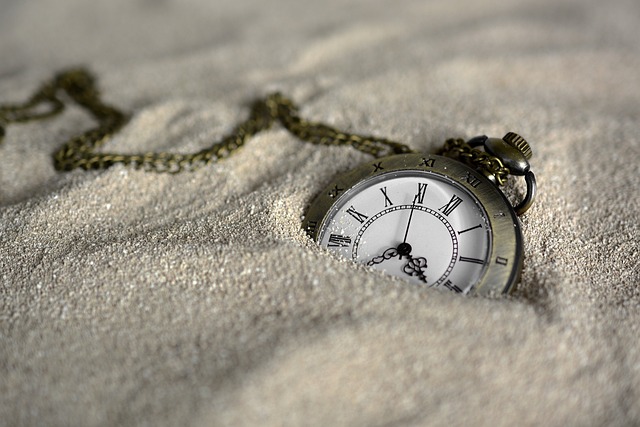
3. Timing Matters: When is the Right Time to Remove Wisdom Teeth?
When it comes to wisdom teeth removal, timing plays a crucial role in ensuring a smooth and successful procedure. While each case is unique, there are certain factors to consider when determining the right time for extraction:
1. Age: It is generally recommended to remove wisdom teeth between the ages of 17 and 25, as the roots are not fully developed and the jawbone is less dense. This age range usually allows for a faster and easier recovery.
2. Symptoms: Pay attention to any signs of wisdom teeth-related issues, such as pain, swelling, or infection. If these symptoms persist or worsen, it may be a good time to consider extraction to prevent further complications.
3. Position: The position of the wisdom teeth is an important factor. If they are impacted or growing at an angle that could potentially damage nearby teeth or cause crowding, removal is often recommended, regardless of age.
4. Orthodontic Treatment: If you are undergoing orthodontic treatment, your dentist or orthodontist may suggest extracting wisdom teeth to prevent any unwanted shifting or undoing of the progress made with braces or aligners.
5. Consultation: Ultimately, it is best to consult with your dentist or oral surgeon to evaluate your specific situation. They will consider your dental health, X-rays, and any symptoms you may be experiencing to determine the optimal timing for wisdom teeth removal.

4. The Risks of Smoking After Wisdom Teeth Removal
After undergoing wisdom teeth removal, it is crucial to take proper care of your oral health to ensure a smooth recovery process. One of the most important aspects to consider is avoiding smoking during this time. Smoking can significantly increase the risks and complications associated with wisdom teeth removal. Here are some reasons why smoking should be avoided after the procedure:
- Delayed Healing: Smoking can delay the healing process after wisdom teeth removal. The chemicals in cigarettes can hinder blood flow to the surgical site, leading to slower tissue recovery. This can prolong pain and discomfort, increasing the overall recovery time.
- Infection: Smoking weakens the immune system, making it harder for the body to fight off infections. After wisdom teeth removal, the extraction site is susceptible to bacterial growth, which can lead to painful infections. Smoking further hampers the body’s ability to combat these infections, putting you at a higher risk.
- Dry Socket: Dry socket is a common complication after tooth extraction. It occurs when the blood clot that forms in the socket is dislodged or dissolves prematurely, exposing the underlying bone and nerves. Smoking can increase the likelihood of developing dry socket, as the act of inhaling can dislodge the clot.
Considering the risks associated with smoking after wisdom teeth removal, it is highly recommended to refrain from smoking during the recovery period. By doing so, you can promote faster healing, reduce the chances of infection, and minimize the risk of developing complications such as dry socket. It’s best to consult with your dentist for further guidance on how to maintain a healthy recovery and protect your oral health.

5. Promoting Optimal Healing: Recommendations for Tobacco Users
Tobacco use can significantly hinder the healing process, but there are several recommendations that can promote optimal healing for individuals who smoke or use tobacco products. By following these suggestions, individuals can enhance their healing potential and reduce the negative impacts of tobacco on their recovery.
1. Quitting Smoking: The most effective way to promote healing is to quit smoking altogether. By eliminating tobacco use, individuals can improve blood flow, reduce the risk of infection, and enhance the body’s ability to heal wounds. Quitting smoking also decreases the likelihood of complications during surgery and improves overall lung function. Utilize resources such as smoking cessation programs, nicotine replacement therapy, or consult with a healthcare professional to develop a personalized quitting plan.
2. Avoid Secondhand Smoke: Secondhand smoke can be just as harmful as smoking itself. It contains thousands of toxic chemicals that can delay healing and increase the risk of complications. Avoid exposure to secondhand smoke by staying away from designated smoking areas, ensuring a smoke-free environment at home, and informing friends and family members about the importance of not smoking around you. Creating a smoke-free environment is crucial for promoting optimal healing and overall well-being.
6. Key Factors to Consider before Resuming Smoking After Wisdom Teeth Extraction
Before you consider resuming smoking after wisdom teeth extraction, it is crucial to understand the key factors that can greatly impact your recovery process. Here are some important points to consider:
- Healing time: Wisdom tooth extraction is a surgical procedure that requires time for the wounds to heal. Smoking can significantly delay the healing process by reducing blood flow to the affected area, increasing the risk of complications such as infection and dry socket.
- Risk of infection: Smoking introduces harmful chemicals into your oral cavity, making it more susceptible to infections. After wisdom teeth extraction, the extraction sites are vulnerable and can easily become infected. Smoking can compromise your immune system, making it harder for your body to fight off potential infections.
- Dry socket: One of the most common and painful complications after wisdom tooth extraction is dry socket. Smoking can increase the risk of developing this condition, as the suction created by smoking can dislodge the blood clot that forms in the extraction site, delaying the healing process and causing intense pain.
Considering these factors, it is strongly advised to refrain from smoking until you have fully recovered from the wisdom tooth extraction. Your dentist or oral surgeon will provide specific guidelines for your recovery, including when it is safe to resume smoking. It is essential to follow their instructions carefully to ensure a smooth and successful healing process.
7. Conclusion: Striking the Right Balance between Wisdom Teeth Removal and Smoking
When it comes to wisdom teeth removal and smoking, finding the right balance is crucial for your oral health and overall well-being. While smoking is known to have negative effects on oral health, the timing of wisdom teeth removal and smoking cessation can greatly impact the success of the procedure and your recovery. Here are some key points to consider:
1. Timing is everything: It is highly recommended to quit smoking before undergoing wisdom teeth removal. Smoking can interfere with the healing process and increase the risk of complications such as dry socket. By quitting smoking prior to the procedure, you give your body the best chance to heal properly.
2. Post-operative care: After wisdom teeth removal, it is essential to follow the post-operative instructions provided by your oral surgeon. This includes avoiding smoking for a specified period of time, typically at least 48 hours. Smoking too soon after the procedure can hinder healing, cause infection, and prolong recovery time. It is crucial to prioritize your oral health and refrain from smoking during this critical healing period.
Frequently Asked Questions
Q: Why is it important to consider the timing of wisdom teeth removal and smoking?
A: The timing of wisdom teeth removal and smoking is crucial as it can significantly impact the healing process and overall oral health. Understanding the right timing is essential for minimizing complications and ensuring successful recovery.
Q: How does smoking affect wisdom teeth removal?
A: Smoking can have detrimental effects on the healing process after wisdom teeth removal. The chemicals in tobacco smoke hinder blood flow, impair oxygen delivery, and reduce the body’s ability to fight infections. This can lead to delayed healing, increased pain, and a higher risk of developing dry socket, infection, or other complications.
Q: What is the ideal timing for wisdom teeth removal in relation to smoking?
A: Ideally, individuals should quit smoking for a minimum of 48-72 hours before wisdom teeth removal. This allows for improved blood flow and oxygen levels in the body, enhancing the healing process. It is advisable to continue refraining from smoking for at least 72 hours post-surgery to reduce the risk of complications.
Q: Can smoking after wisdom teeth removal be harmful?
A: Yes, smoking after wisdom teeth removal can be harmful. The negative effects of smoking, such as reduced blood flow and oxygen supply, can impede the healing process and increase the chances of complications. It is strongly recommended to refrain from smoking until the dentist or oral surgeon gives the green light to resume normal activities.
Q: Are there any alternatives to smoking during the recovery period?
A: Absolutely, there are several alternatives to smoking during the recovery period. Nicotine patches, gum, or lozenges can help alleviate nicotine cravings without the harmful effects of smoking. It is important to consult with a healthcare professional to determine the most suitable alternative for individual circumstances.
Q: What are the risks of smoking too soon after wisdom teeth removal?
A: Smoking too soon after wisdom teeth removal can pose numerous risks. It can disrupt the blood clot formation, leading to a painful condition called dry socket. Additionally, smoking increases the risk of infection, delays healing, and can cause excessive bleeding. It is crucial to prioritize oral health and follow the recommended guidelines for smoking cessation before and after the procedure.
Q: How long should one wait before smoking again after wisdom teeth removal?
A: It is generally advised to wait at least 72 hours before smoking again after wisdom teeth removal. However, it is important to note that individual healing times may vary. It is crucial to consult with the dentist or oral surgeon to determine the appropriate timing for resuming smoking based on the specific circumstances and progress of healing.
Q: Can smoking affect the success of the wisdom teeth removal surgery?
A: Yes, smoking can affect the success of the wisdom teeth removal surgery. The negative impact of smoking on blood flow and healing can compromise the surgical site, leading to increased pain, delayed recovery, and a higher risk of complications. Quitting smoking or refraining from it before and after the surgery greatly improves the chances of a successful and uneventful healing process.
To Conclude
In conclusion, timing plays a crucial role when it comes to wisdom teeth removal and smoking. It is best to abstain from smoking for at least 72 hours after the extraction procedure to minimize the risk of complications. Smoking immediately after the surgery can impede the healing process and increase the chances of developing dry socket. Moreover, smoking during the initial stages of recovery can also lead to infections and delayed healing. It is important to follow the advice of your dentist or oral surgeon and prioritize your oral health by quitting smoking or at least refraining from it during this critical period. By giving your body the time it needs to heal, you can ensure a smoother recovery and reduce the risk of complications. Remember, your oral health is of utmost importance, so make the right choice for your well-being and give your wisdom teeth removal the best chance of success.
